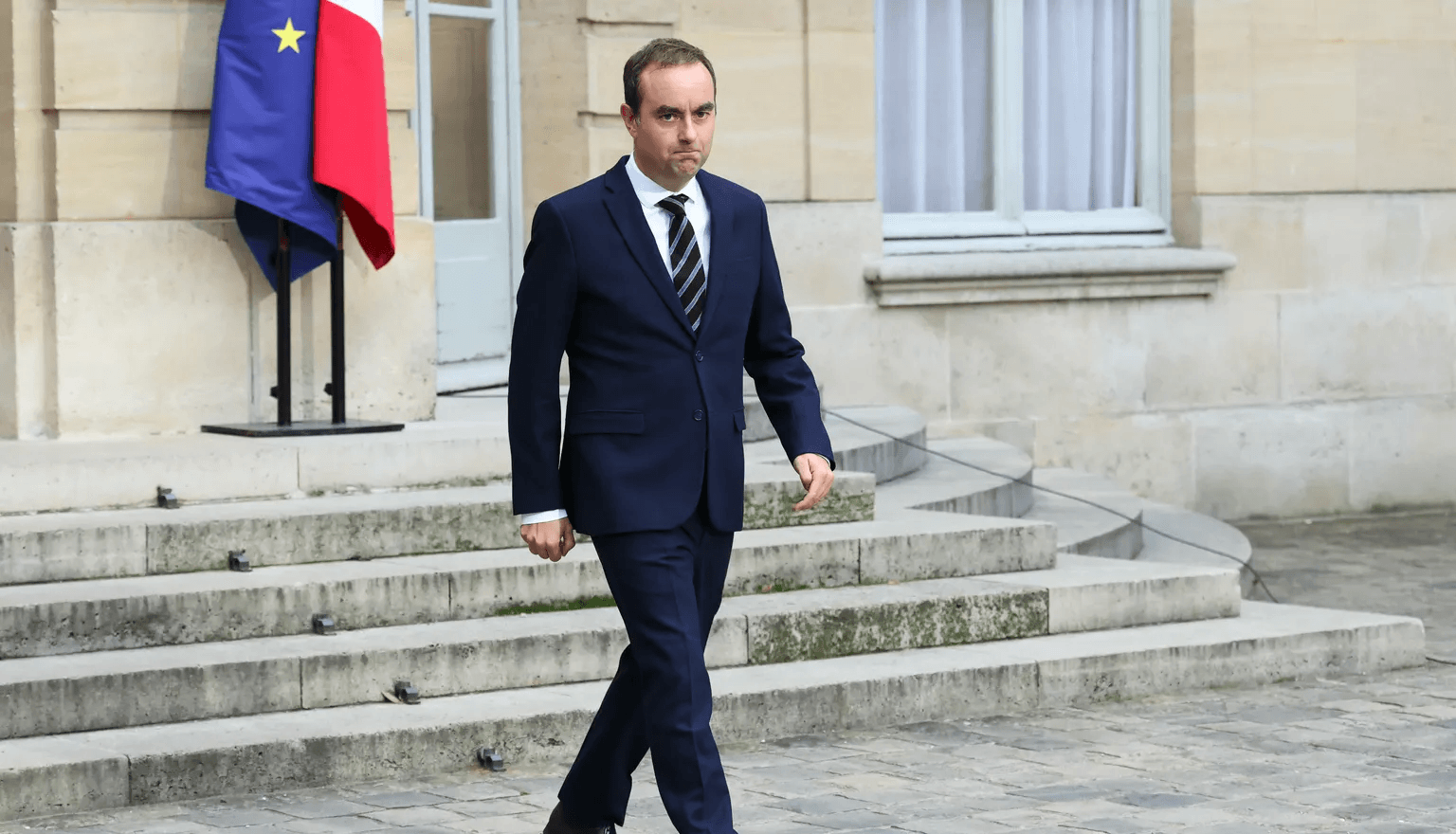France’s political instability deepened sharply on Monday as newly appointed Prime Minister Sébastien Lecornu submitted his resignation to President Emmanuel Macron just hours after unveiling his cabinet, making his premiership one of the shortest in the history of the Fifth Republic. Macron accepted the resignation, effective immediately, signaling that the political experiment with Lecornu’s government had collapsed under intense scrutiny and cross-party backlash.
Lecornu, a close ally of Macron and previously defense minister, had been tasked with forming a new government after Macron dismissed François Bayrou following a failed confidence vote over contentious budget reforms. He named a largely familiar lineup on Sunday, retaining many ministers from the previous administration while bringing in key figures—most controversially, former finance minister Bruno Le Maire as defense minister, a move that triggered widespread criticism.
The swift resigning of Lecornu came amid fierce opposition from both the left and right in France’s deeply fragmented National Assembly, which had already threatened a no-confidence vote over his cabinet’s composition and budget stance. According to multiple reports, the composition of his government was seen by many as either too ideologically skewed or too derivative, failing to satisfy centrist and opposition demands alike.
The financial fallout was immediate: French markets soured, with the CAC 40 index dropping near 2%, while the euro weakened against the dollar. Bond yields also crept upward, reflecting increased political risk and investor anxiety over France’s capacity to govern effectively.
Macron now faces the urgent task of naming another prime minister capable of navigating a divided legislature and ensuring governmental continuity ahead of looming budget deadlines and social unrest. While Lecornu’s tenure lasted mere hours, his abrupt fall underscores the volatility of French politics in an era of deep parliamentary fragmentation.





